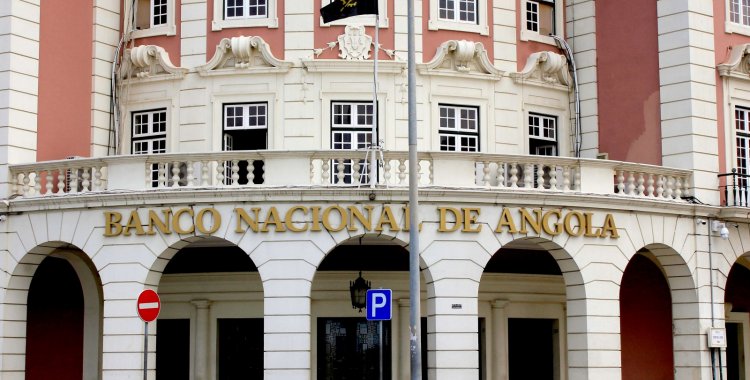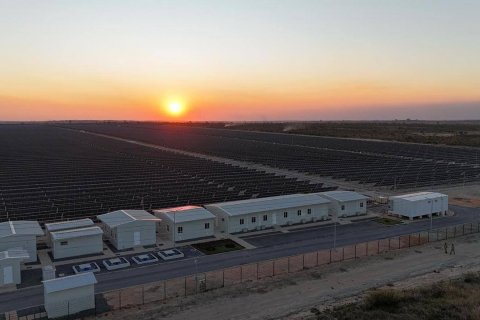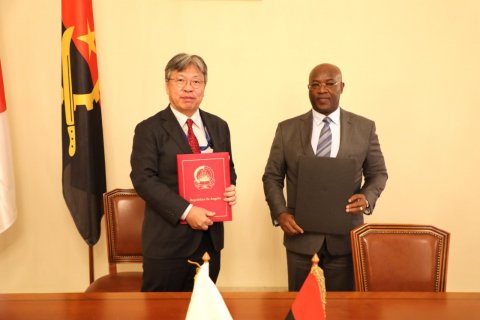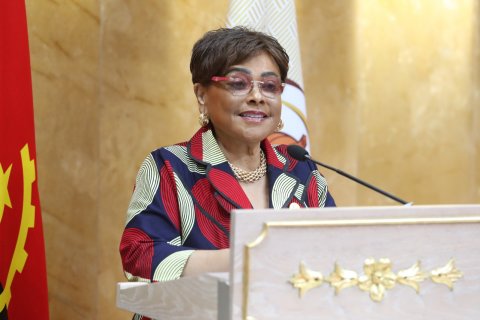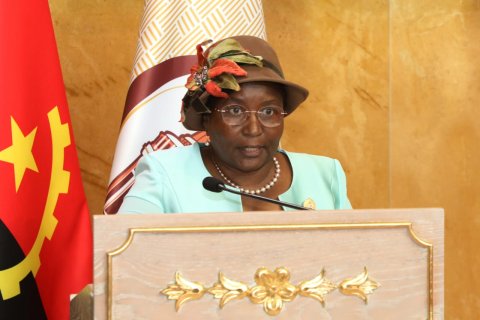The decision was taken at the meeting of the Financial Stability Committee (CEF), the body responsible for defining guidelines and strategies that aim to mitigate systemic risk, held last Tuesday.
The CEF's main objectives are to assess systemic risk factors with an actual or potential impact on national financial stability.
In addition to the additional reserve for systemic banks, the 2.5 percent conservation reserve and the 0 percent countercyclical reserve, applicable to all commercial banks, were also unchanged.
The BNA expanded, to 11, the list of systemically important banks that are obliged to maintain a reserve.
The complete list is made up of the following banking entities: Banco Angolano de Investimentos (2.0 percent), Banco de Fomento de Angola (2.0 percent), Banco BIC (2.0 percent), Banco Poupança e Crédito (1.5 percent), Banco Millenium Atlântico (1.5 percent), Banco Económico (1.0 percent), Banco Sol (1.0 percent), Standard Bank Angola (1.0 percent), Banco Keve (1.0 percent), International Business Bank (1.0 percent) and Commerce and Industry Bank (1.0 percent).
The capital reserve amounts will have to be constituted between January and June 2024, depending on the institutions to which they are applied.
The reserve aims to offset the risk that systemically important institutions represent to the financial system as a whole due to their size, importance to the Angolan economy, complexity and degree of interconnection with other institutions in the financial sector and, in the case of insolvency, the potential contagion of these institutions to the rest of the financial and non-financial system.

